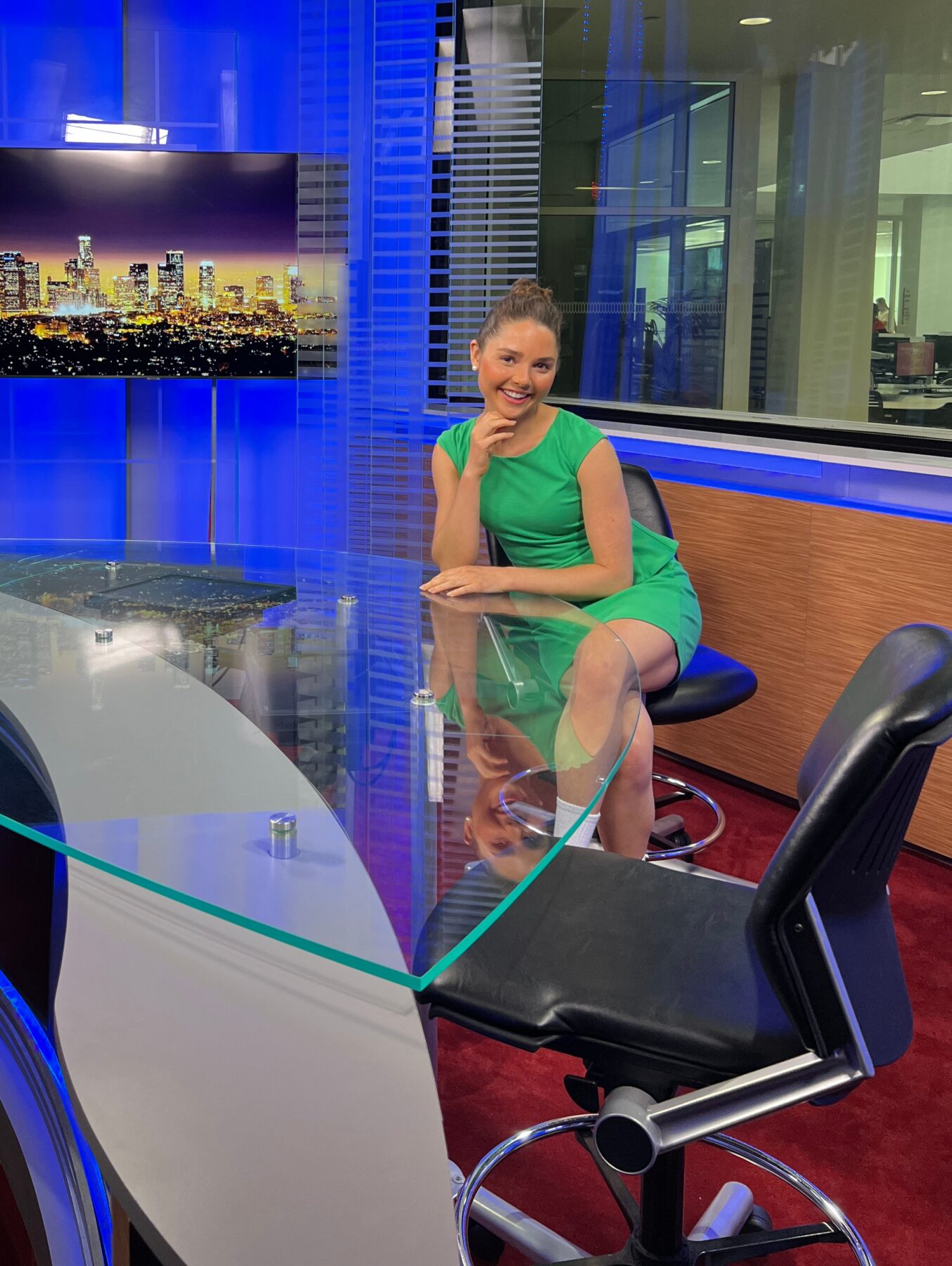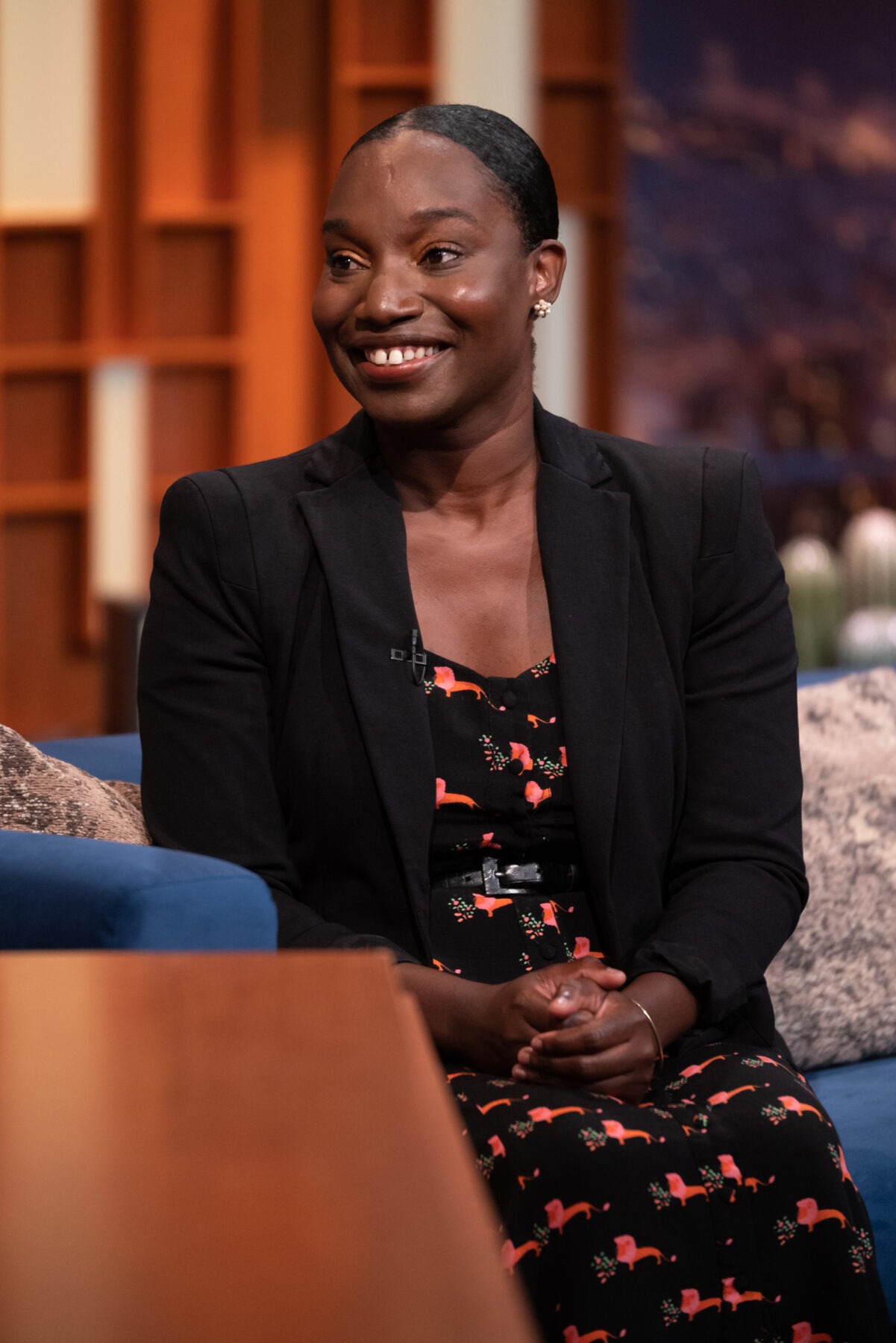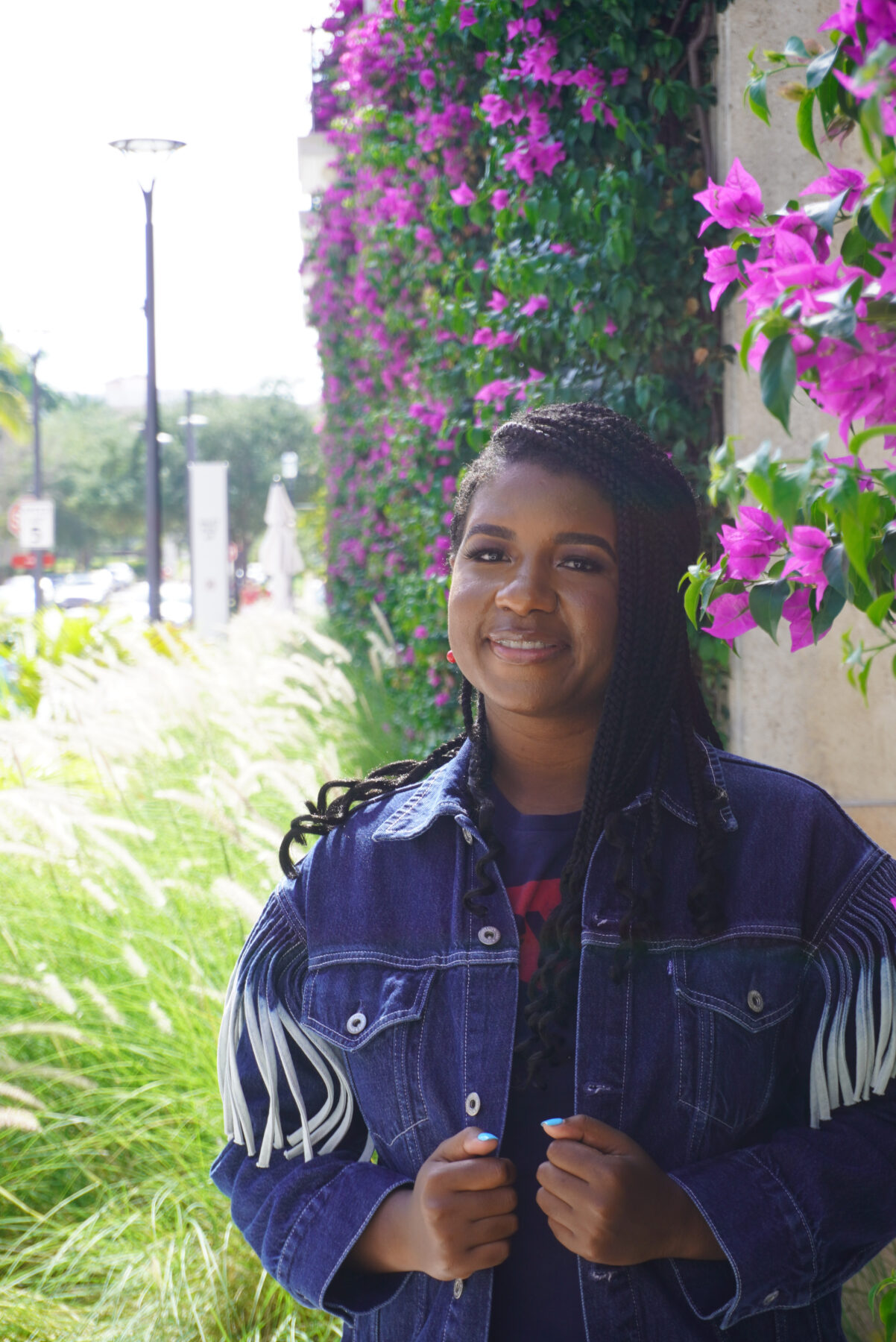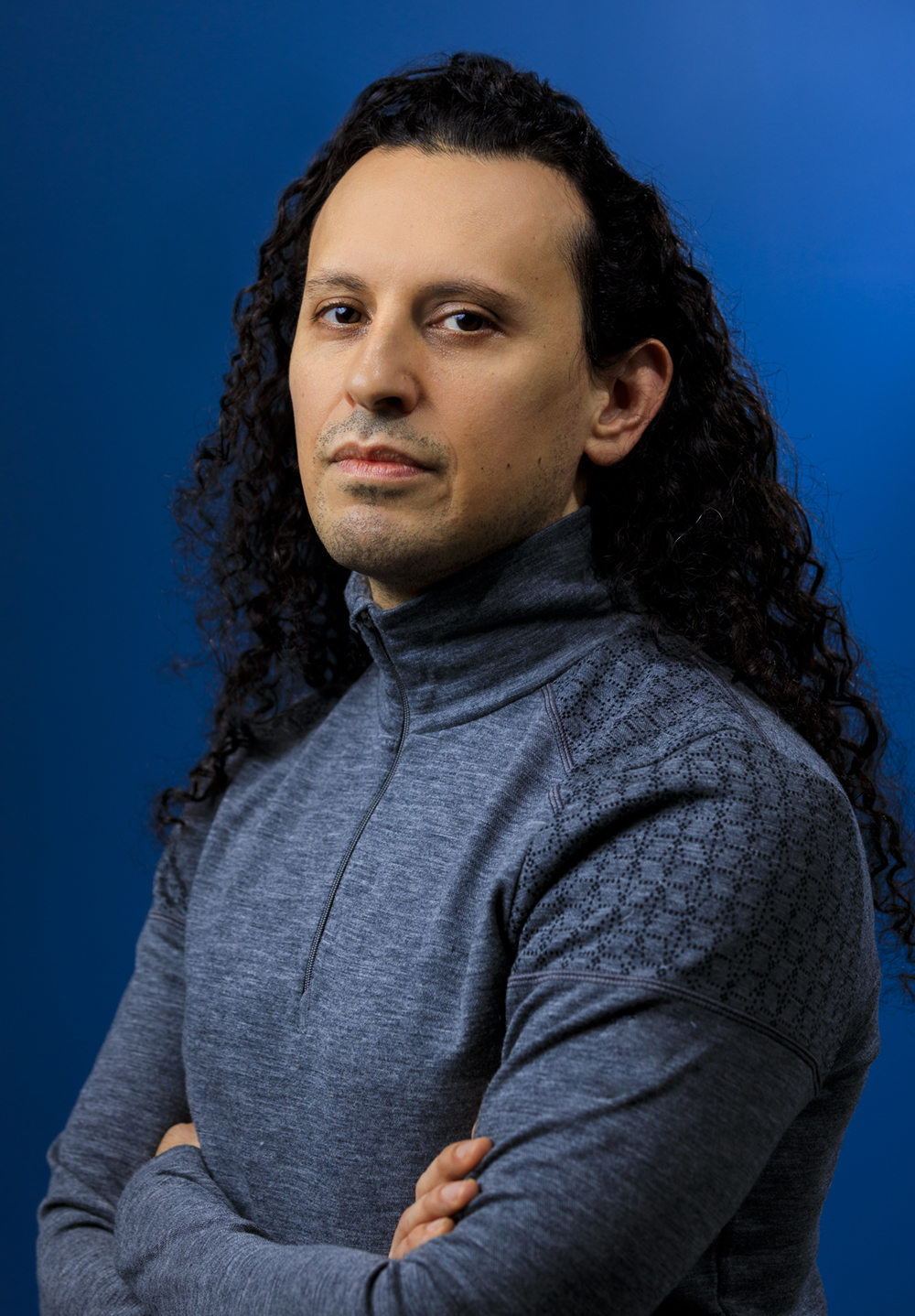
Last summer, Erika Driscoll had just come off a string of unsuccessful dance auditions. Her family kept bugging her about other options: What else could she do with her life? Feeling the pressure, the then-27-year-old dancer and fitness instructor made a list of grad schools for careers she was interested in: physical therapy and broadcast journalism. When she got into the USC Annenberg School for Communication and Journalism, she thought, “Well, this is a sign” and hasn’t looked back.
Driscoll isn’t alone in her pivot. According to a recent Pew Research Center study, 53% of people who quit their jobs in 2021 switched careers. And when it comes to journalism, Nieman Lab reported that there’s an increase in the number of students enrolling in J schools, like the University of North Carolina, Arizona State and the University of Maryland. Even in a tough job market with frequent layoffs, people are still entering the profession with passion and optimism.
“I think the press is more important than ever,” said Jesús Chapa Malacara, 41, who pursued journalism after working as an entrepreneur. “It’s in a fight for trust and legitimacy, and I realized that if I wanted to see the press take its rightful place as the fourth estate, then I need to join the ranks.”
I spoke to several people who transitioned to a career in journalism after working in other industries. Here are their tips for making the leap.
Make use of your previous career’s skills
New journalists shouldn’t dismiss the skills they learned in other industries. In fact, those skills may come in handy.
Driscoll said her background at the San Diego Ballet Company helped her in grad school classes. “One of the best things that I learned from dance was time management,” she said. “It has really helped with journalism, because you’re always on deadline. I also think that teaching fitness helped me to clearly, concisely and comfortably deliver a message.”

Prior to his journalism career, Chapa Malacara ran his own video and photography business for 15 years. His tech know-how, along with his management experience, became very valuable as he pursued journalism at CUNY Newmark Graduate School of Journalism.
“In grad school, I basically bypassed all the data journalism curriculum and skipped to one of the last classes because I really was familiar with so many of those tools,” he said. “And it was really about figuring out how to reorient them in a way that was in service of stories.”
Blogger and writer Aleah Wright, who previously worked for fashion brands like Prada and Michael Kors, was used to working at a very fast pace and staying on her toes — skills she still uses now as a freelance journalist.
“You have to balance that fine line of having good work done in a timely manner and making sure that your voice is heard — giving your input and bringing new, fresh ideas to the table that could be trends,” she said. “I felt like journalism is the same way.”
Take time to learn the craft
The journalism industry has its own language and quirks that take time to get accustomed to. Navigating these needs can be especially hard for those who haven’t enrolled in a J-school program.

Freelance journalist Margo Gabriel, who has a bachelor’s degree in professional writing, got a job as a financial administrator at MIT after college. A few years later, she started a lifestyle blog, Margo’s Creative Life, to chronicle her travels to Europe and the Caribbean, along with interviews with Boston chefs and musicians.
“It actually gave me the confidence to start sending out pitches,” she said. “They were not well crafted, but I needed the practice. I got a lot of rejections initially.”
Gabriel got a big self-esteem boost once she discovered online communities for freelance journalists, like GrubStreet and local Boston Facebook groups. A year later, Gabriel decided to cold email an editor at Cuisine Noir Magazine, a food publication she admired. The editor responded, asking to set up a meeting, which led to her first freelance assignment — and her pivot to journalism. Soon, she garnered bylines in Refinery29, Edible Boston, Fodor’s Travel and more.
But Gabriel’s first few years in journalism weren’t easy. “It was a very steep learning curve,” she said. “Some editors were not as forgiving if I missed a deadline, or if I wasn’t proactive in communicating, like really, you know, dotting my I’s and crossing my T’s. … I definitely have learned that the hard way. Learning on the job was my biggest teacher.”
Embrace the timing
While it’s easy to wonder “what if” you chose a journalism career earlier in life, trust the timing of your decision, many of the journalists interviewed here say. Wright needed a minor at Kent State University, so she chose fashion media to complement her fashion merchandising major. Now, she believes it was just foreshadowing for her switch to journalism.
Two years after creating her blog, Wright Fashions, in 2020, she saw an editor ask for pitches on LinkedIn. The pitches she sent resulted in bylines in InStyle and Insider. She believed the timing was perfect.

“Life makes no mistakes,” she said. “I felt like this is where I was meant to be.”
Gabriel felt the same way. During the Covid pandemic in 2020, she left her job at MIT to relocate to Lisbon, Portugal. Once there, she decided to freelance full time, including becoming the food and drink columnist at Time Out Lisboa and contributing to other publications.
“I was thinking, ‘OK, what? Do I want another finance gig? Or do I want to really pursue where my heart is?’” she said. “I think it would have been nice to have gone to journalism school, right off from my undergrad, but that’s OK. I think the relationships and connections that I was able to build, when I built them, was perfect timing for where I am right now.”
Similarly, Driscoll was glad she pursued her dreams of working as a dancer in her early 20s before pursuing her journalism career. Even so, she hasn’t stopped dancing completely — Driscoll still auditions and works as a fitness and Pilates instructor while pursuing her master’s degree.
“Your other interests are always going to be there,” she said. “It’s not like I’m saying goodbye to dance. In my head, there was this idea that I had to go cold turkey and be like, ‘OK, goodbye, old life; hello, new life.’ And then I realized I missed it. You’re always going to be combining those skills, and there’s a way to cross over.”
Have faith in journalism’s future
With so many media outlets shuttering and frequently laying off employees, it can feel like a pivot to journalism is risky. But the journalists I spoke to said their profession is more important than ever.

Gabriel, who focuses on food writing, is passionate about sharing off-the-beaten path places and cuisines.
“I love storytelling,” she said. “I’m always curious about a new restaurant opening or a new travel destination, or foodways and Indigenous cultures. … It has been like a wonderful vehicle for me to introduce people to different cultures that they may not otherwise know about.”
Wright said she appreciates the depth and variety of fashion and beauty journalism and the voice it has given her.
“There are so many stories that still need to be heard and told with real substance, real meat to it,” she said. “Not everything always is about what’s super trendy or keeping up with celebrity, but also taking a deeper look at what’s going on in our society, and how we are advancing as people.”
Chapa Malacara said journalism has an even broader purpose after the pandemic — and he’s proud to be part of it.
“Journalism can really benefit from having additional outside perspectives, additional outside experiences and additional skill sets,” he said. “I’m more interested in broad-based civics education for adults that happens through the press. And I think that a lot of journalism outfits are trying to do that work, which is something that I want to be a part of.”


